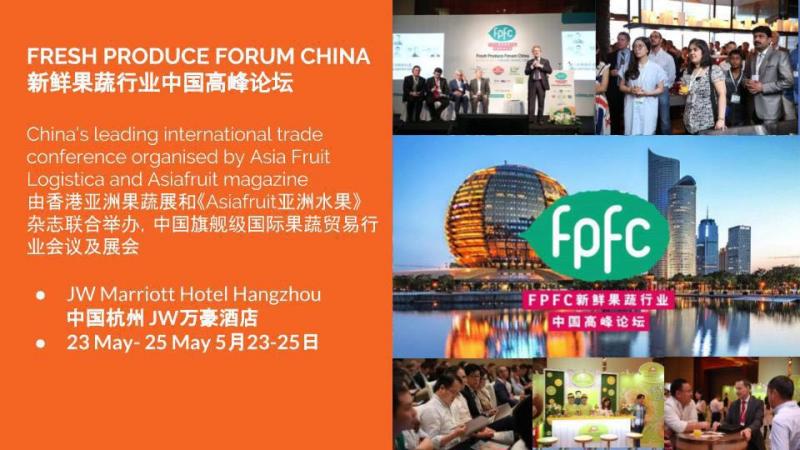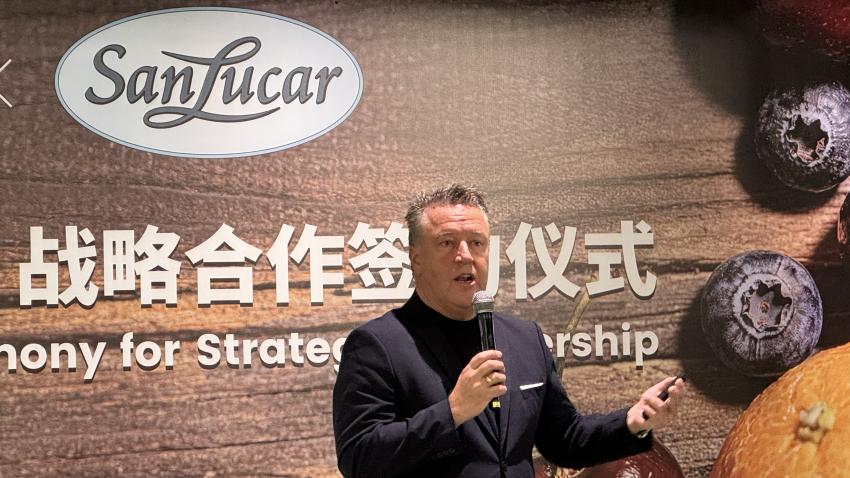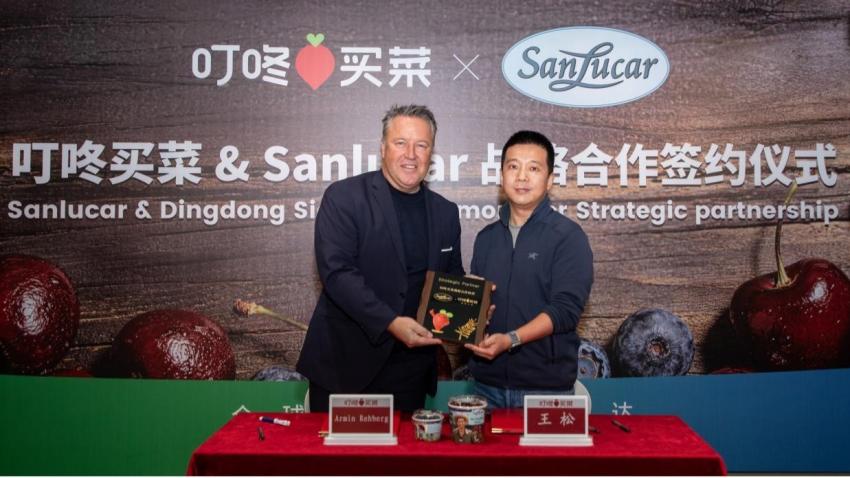You are here
Back to topEmerging Trends in the Fresh Produce Industry

On May 5, Chris White, Managing Director of Fruitnet Media International GmbH, gave an online lecture to listeners of Produce Report on the topic “Future trends in fresh”. For almost 30 years, Mr. White has served as a journalist reporting on the global fresh fruit and vegetable sector. He currently runs Fruitnet, which publishes various magazines such as Eurofruit and Asiafruit and is also a partner of Asia Fruit Logistica and Fruit Logistica.
In his lecture, Mr. White talked about emerging trends in the three key areas of the fruit and vegetable industry – production, trade, and retail – and the roles and responsibilities that each party has in ensuring an efficient supply chain from grower to consumer.
Production
According to Mr. White, the first and perhaps most important trend in production is the focus that growers and producers must now place on the market: “When I started writing about the business 30 years ago, I found that growers would grow what they wanted to grow and the consumers had to accept it – they had no choice. Today, the consumer decides what he wants to eat and the grower essentially has to produce for what the market wants.” This fundamental change has radically altered the business and Mr. White expects this trend to continue in the future. A key part of this has been the development of the internet and mobile technology, which has shortened the supply chain and brought growers and consumers closer together, giving the former the opportunity to find new ways to market their produce to consumers.
This is especially the case in China, where the use of mobile technology in consumers’ day-to-day lives is already in many ways very advanced compared with other markets. For example, mobile technology may give growers the opportunity to directly explain the advantages of their produce to consumers, rather than relying on retailers to tell the story: “I think this is a very good opportunity for growers to really tell consumers about their focus on quality and the values of themselves and their products.”
Trade
While representing a great opportunity for producers, new technology is also a major challenge for traders, making the world much smaller and allowing produce to be bought and sold globally in a way not previously possible. The challenge for the trader today is to connect the best producers and the best retailers. This globalization of the business means that traders need to know what is happening all over the world – if a particular market is strong or weak, this will affect other markets.
Mr. White also pointed out that traders need to find ways to add value and not only cost if they want to remain in this very competitive industry: “We all know in the fruit and vegetable business that it’s not easy to make money. But today, everybody wants to be focused on products that are in high demand in the market and where they can also make high margins, so products like berries, avocadoes, citrus, and so on.” He explained how the produce supply chain, even in China, is subject to the same rules of market economics as any other market and will work to become more simplified and remove any excess costs. Consumers make their choices and purchase from one part of the market or another, and the supply chain will develop to meet that demand and get the product from the grower to the consumer in the most efficient way. The value of the trader in this system is to help the retailer find the best produce to sell to the consumer, and to help the producer get their goods to the market in the best condition.
These considerations also apply to the wholesale market. According to Mr. White, wholesalers will have to develop from a simple platform allowing buyers and sellers to meet, to offering services to encourage them to keep coming back every day: “Every part of business has to keep on developing, has to keep on offering new things, has to keep on innovating and improving if it wants to survive.”
Retail
Likewise, food retailers and supermarkets are nowadays under pressure like never before. According to Mr. White, in a world where customers can now buy so many products online, retailers need to be able to offer something unique – the supermarkets that are succeeding today are those that offer very special products at premium prices, or those that offer special products at low prices, and those in the middle are finding it difficult. To respond to this challenge, supermarkets need to adapt and introduce new ways to sell their food.
For example, Mr. White mentioned how certain supermarkets in Shanghai allow customers to scan produce with their phones and have it delivered to their home, in effect making the retail store a “showcase” of the products on offer, giving a potential edge to supermarkets in the minds of customers who would otherwise have to choose from the overwhelming range of products on their screens. He described how supermarkets will need to take better care of customers and “help them to buy”, by focusing on a limited range of high-quality products.
At the end of his lecture, Mr. White remarked, “In my opinion, the ‘future trend for fresh’ is actually very simple - it’s about focusing as much as we possibly can on what the consumer wants. And if as a business, from the grower through the trader to the retailer, we can do this, then I think the future for fruits and vegetables is very promising.”
Fresh Produce Forum China
Mr. White also took the opportunity to invite interested producers, traders, and retailers to attend Fresh Produce Forum China, which will take place in Hangzhou on May 23–25 and is expected to attract around 200 delegates from China and elsewhere. This event will provide a platform for those working in the industry to come together to discuss the common challenges and problems in the modern produce business.

Image source: Pixabay (main image), Fruitnet (body image)














Add new comment